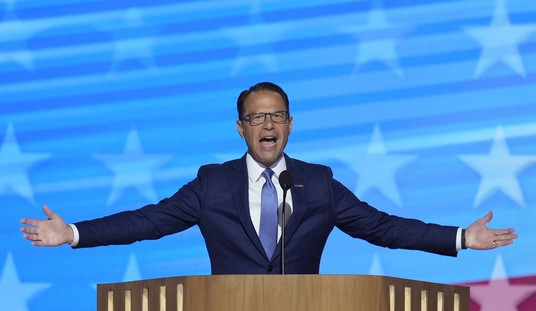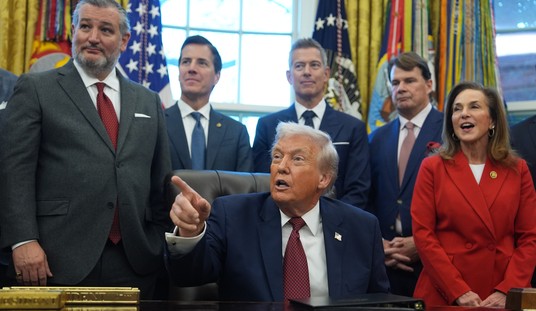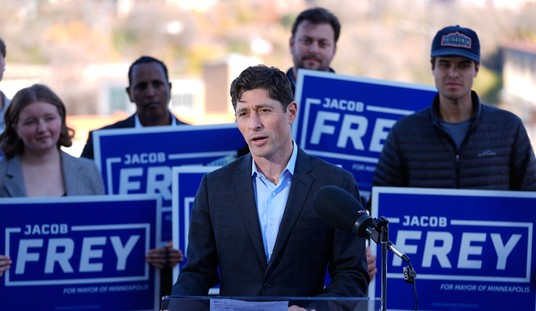How well do Keynesian economic policies actually work to stimulate the economy? That question has been debated for decades, and the results have been mixed enough to support either side of the debate, thanks to the complex workings of macroeconomics. Most people believed that Keynesianism had died a well-deserved death during the 1970s, when it obviously failed, but made a comeback in the desperate straits of 2008-10.
However, this time one Keynesian policy put into place offered a way to study the results without other complicating factors. The Obama administration and the Democratic leadership in Congress offered the Cash for Clunkers program as a Keynesian stimulus for auto sales, arguing that they could stimulate the industry as a whole through the expense of several billion dollars in public funds. Did it work? Coyote Blog parsed the retail sales data from the Census Bureau and discovered that it had no impact in the overall growth rate of sales after a collapse in 2008:
The data show that the government stimulus did increase sales — but that the following month, sales dropped in proportion to the spike. The three-week incentive program simply moved sales from the future into the present, and did nothing to increase organic demand even in a relatively short run. Sales had already begun to rebound in the spring, even with the Cash for Clunkers proposal moving through Congress.
What this chart doesn’t show is the poor timing of the program. C4C hit as dealers would have been discounting vehicles anyway, in order to make room for the new models that arrive in September. Instead of hitting the point where demand might flag, the C4C program overlaid an incentive-rich period in the sales cycle for auto dealers. That killed demand when the new models did arrive, which likely forced dealers and manufacturers into pushing hard on incentives that may not have been needed otherwise.
Some may say that the intervention didn’t hurt sales, either, so the effort was a wash. However, the government spent several billion dollars on incentivizing people who would have bought anyway, money we don’t have, thanks to our massive budget deficits. Instead, we borrowed the money and will have to repay it — as well as pay the interest on the bonds over the next several years. We got nothing for a whole lot of something, which is why we abandoned Keynesianism in the 1970s as well.
Keep this in mind when the government can no longer extend what’s left of the housing bubble.








Join the conversation as a VIP Member